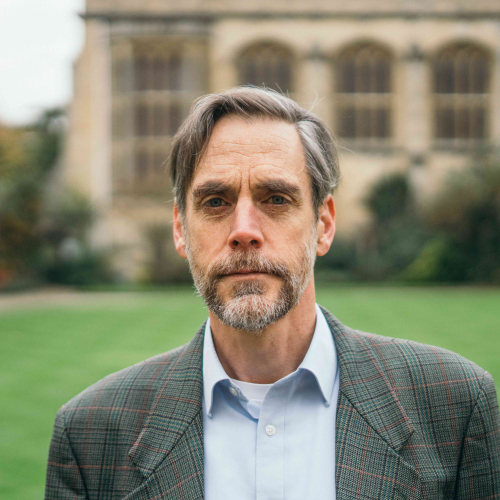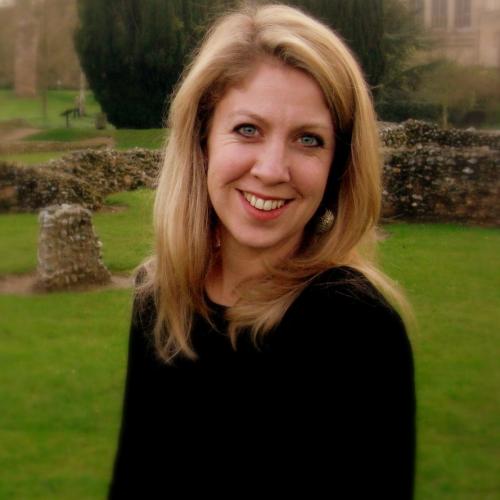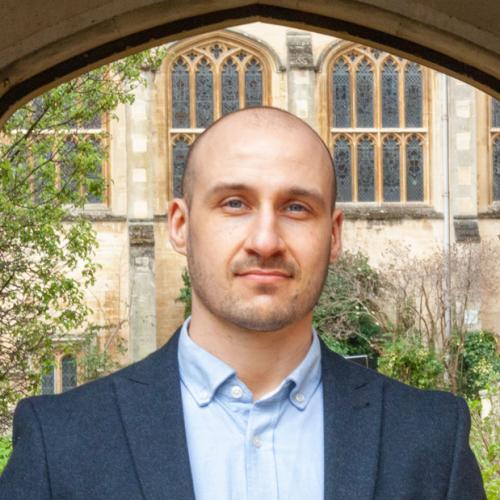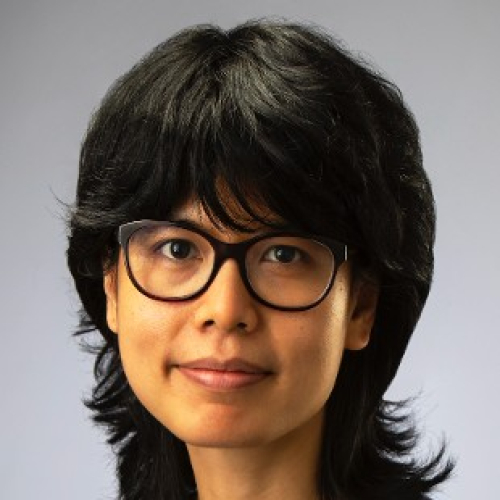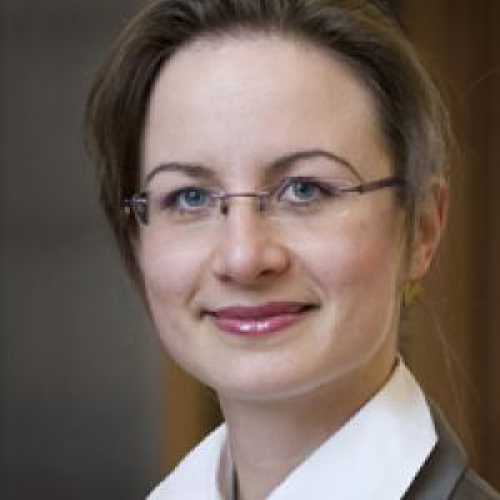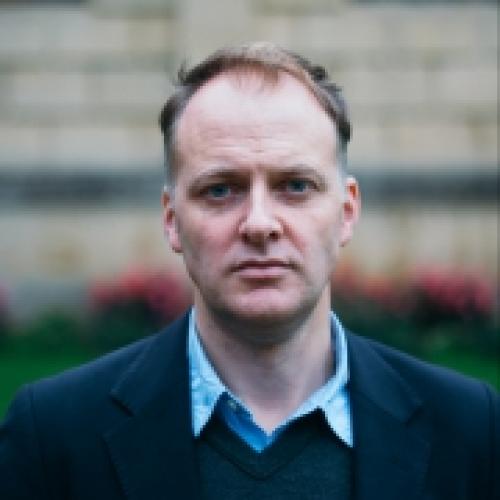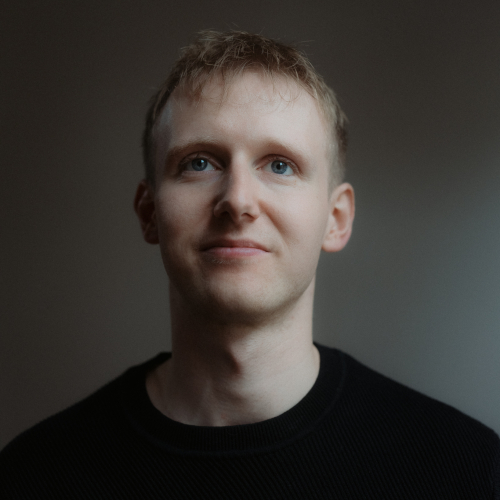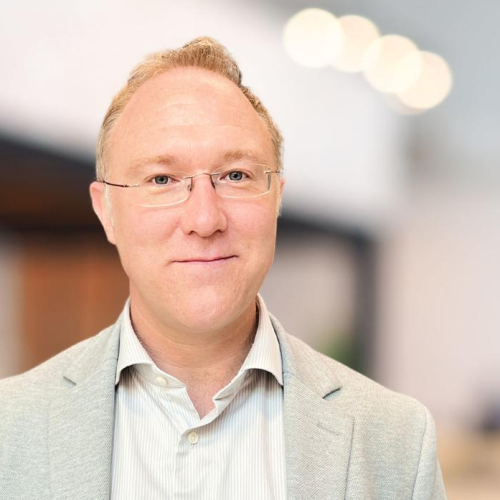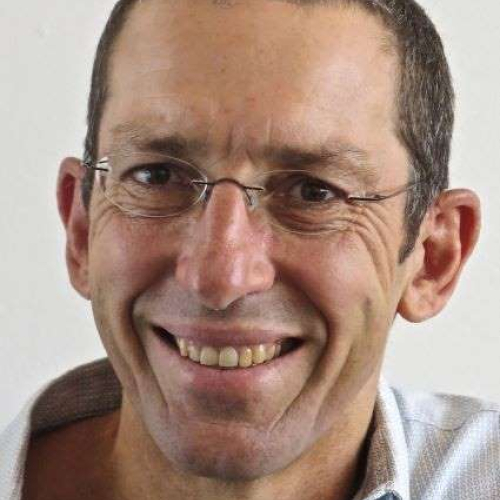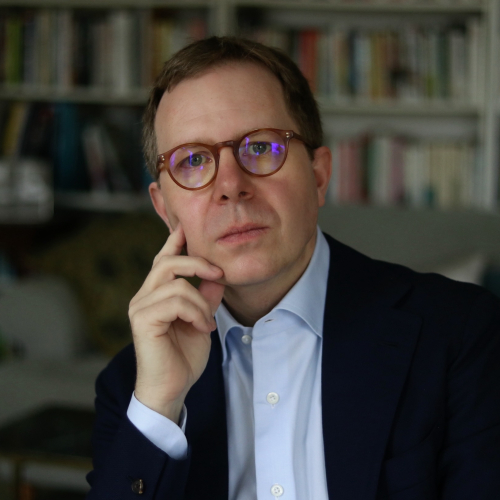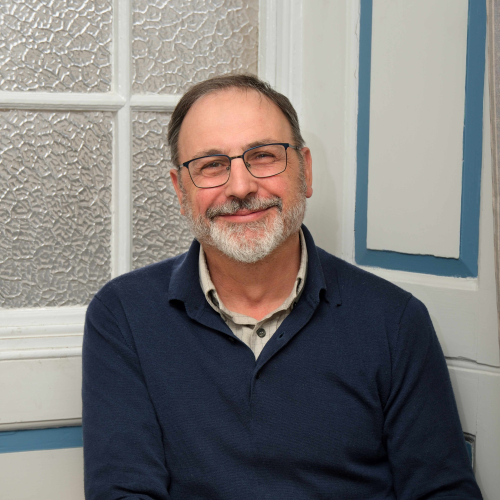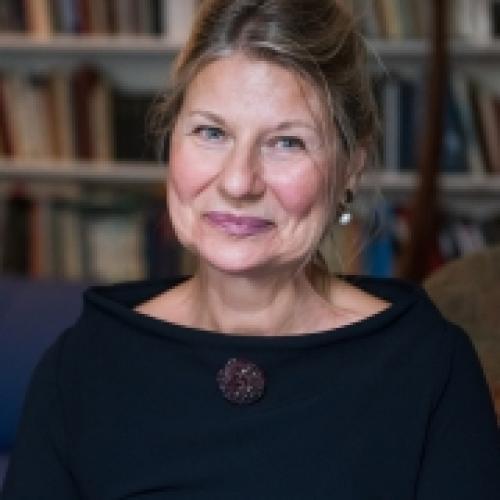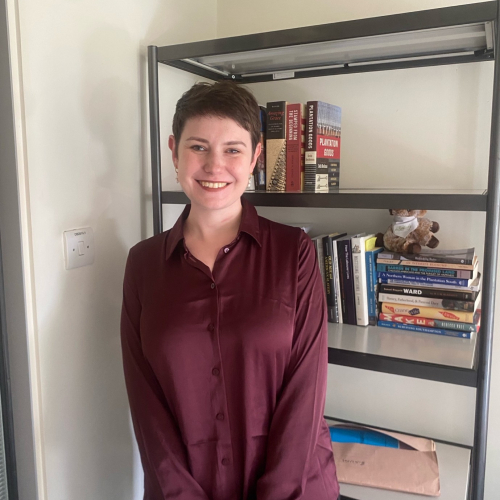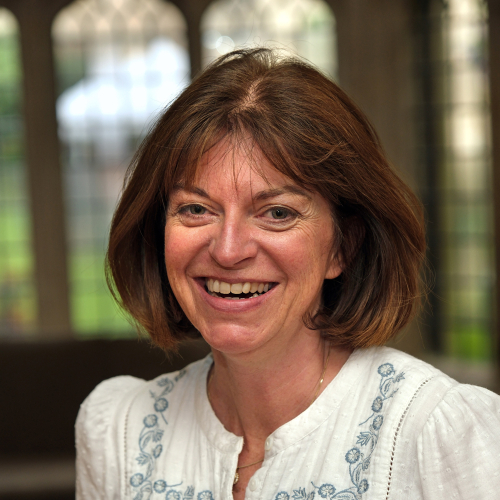What our Academics Say
Image
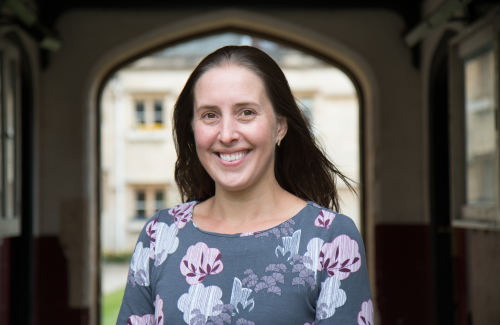
Dr Rebekah White, Stipendiary Lecturer in Psychology
I discovered Psychology in my third year at Australian National University and delighted in the breadth of the subject. I vividly remember the joy I felt after my first Cognitive Psychology lecture.
Image
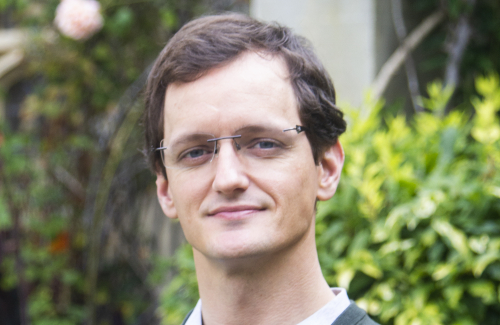
Dr Roberto Salguero-Gómez (Fellow in Ecology)
I joined Pembroke in 2018, where I serve as a Tutorial Fellow in Ecology. In addition to the vibrant conversations with other academics and staff in college, I deeply enjoy interacting with my undergraduate and postgraduate students.
Image
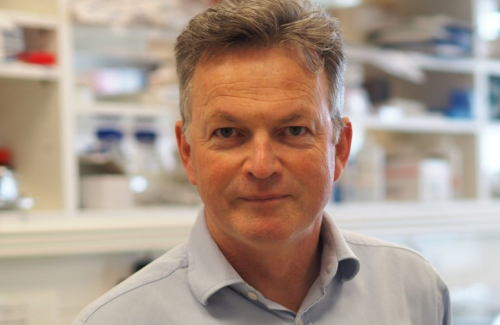
Professor Kevin Talbot (Head of the Nuffield Department of Clinical Neurosciences)
I am a medical doctor specialising in diseases of the nervous system (brain and nerves). I am also a neuroscientist, and my research is focussed on understanding the mechanisms and finding treatments for motor neuron diseases, like amyotrophic lateral sclerosis.
